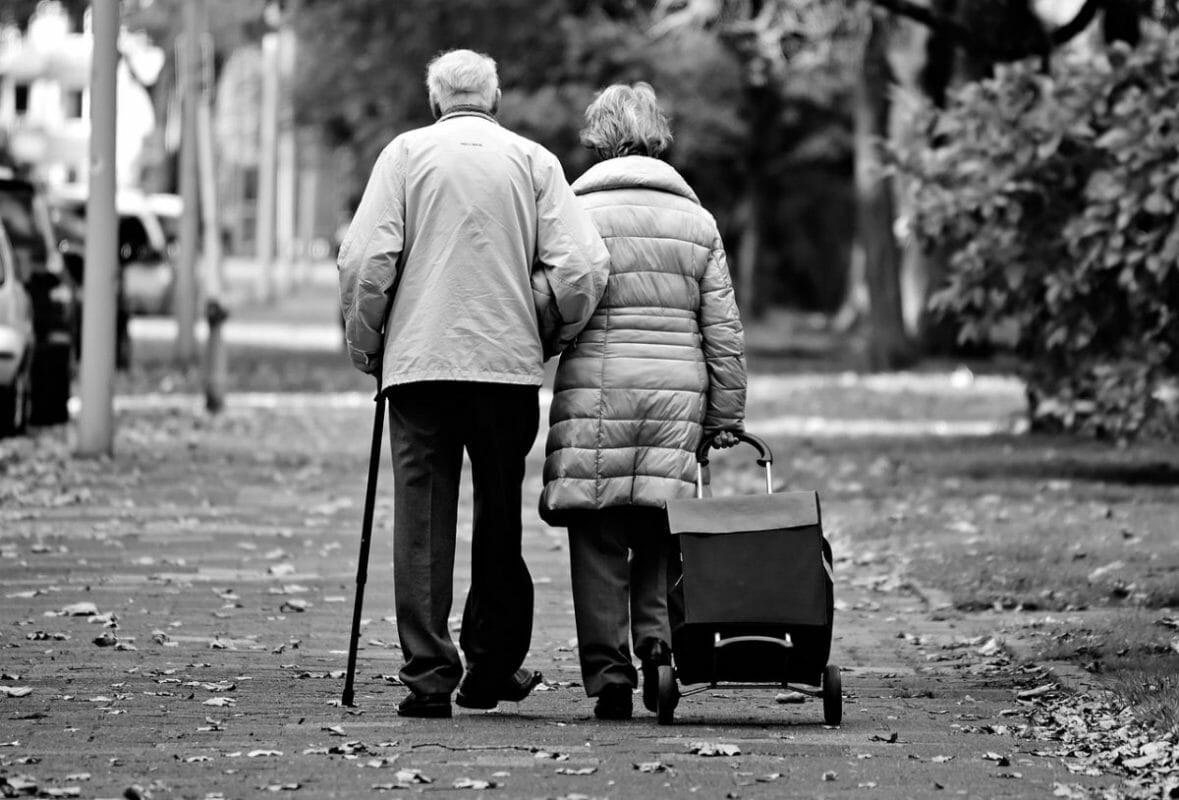- Introduction:
As our parent’s age, it can become more difficult for them to get around. It can be a big problem if they live alone, as they may not be able to get out of the house or to the store. There are many ways to help elderly parents with mobility issues, from simple things like getting them a ride to and from the store to more complex solutions like assisted living.
- What Are The Common Mobility Problems for Elderly People?
There are many different mobility problems that older people can face. Some of the more common ones include:
– Arthritis: This widespread condition can cause pain and stiffness in the joints. Because of this, walking, climbing stairs, or even getting in and out of chairs isn’t easy.
– Osteoporosis: This condition causes the bones to become weak and brittle. It can make breaking a bone easy, and even walking can be difficult.
– Balance Issues: As we age, our balance can start to decline. It can make walking hard, especially on uneven surfaces or when carrying something.
- Fun Activities Elderly with Limited Mobility Can Enjoy
There are still plenty of activities that older adults with limited mobility can enjoy. Some ideas include:
– Reading: Whether it’s books, magazines, or online articles, reading can be a great way to pass the time and stay engaged.
– Watching TV or Movies: This is a classic way to relax and unwind. Many great shows and movies are available out there that you can enjoy from the comfort of a chair or bed.
– Playing Games: Many different games can enjoy without getting up and moving around too much. Card games, word games, and even some video games can all enjoy while sitting down.
- Ways to Help Elderly Parents with Mobility Issues:
One way to help elderly parents with mobility issues is to get them a ride to and from the store. It can do it by hiring a driver, using public transportation, or even driving them yourself. You can also help them with errands like grocery shopping or doctor’s appointments if you live nearby.
Another way to help elderly parents with mobility issues is to look into assisted living options. Assisted living facilities can provide transportation, help with activities of daily living, and even social activities. This solution can be a good option for parents who can no longer live independently.
- Below are a few more ways to Help Elderly Parents with Mobility Issues which are as:
- Contact Physiotherapist:
If your elderly parent is having significant mobility issues, it is essential to contact a physiotherapist. They will be able to help your parent regain their strength and improve their mobility.
- Exercise:
Encouraging your parent to exercise regularly is another great way to help them with their mobility issues. Exercise can help improve strength and flexibility, making it easier for them to get around.
- Diet:
Making sure your parent eats a healthy diet is also essential for mobility. Eating nutritious foods can help to improve their overall health and make it easier for them to get around.
- Proper footwear:
It is also essential for your parent to wear proper footwear. Shoes that are comfortable and offer support can help to prevent falls and make it easier for your parent to get around.
- Consider a wheelchair:
Sometimes, a wheelchair may be the best option for your parent. A wheelchair can help them get around more quickly if their mobility issues are severe.
These are the ways to help elderly parents with mobility issues. By taking some steps to assist them, you can make their lives much more accessible and help them maintain their independence.
- Find an appropriate Mobility device:
If your elderly parent is having significant mobility issues, finding an appropriate mobility device can help. Devices such as walkers, scooters, and power chairs can all help your parent get around more easily.
- Hire home care assistance:
Home care assistance can be a great option if your elderly parent cannot care for themselves independently. Home care workers can help with activities of daily living, transportation, and more.
- Get a disability placard or license plate:
If your parent has a disability that limits their mobility, they may be eligible for a disability placard or license plate. These can allow them to park in designated accessible parking spaces, making it easier for them to get around.
- Install Safety Equipment:
If your parent is at risk of falls, installing safety equipment in their home can help. Grabbing bars in the bathroom, stair railings, and ramps can help make their home more accessible and prevent falls.
- Work With A Physical Therapist:
Working with a physical therapist is beneficial if your parent has difficulty with mobility. A physical therapist can help improve strength and flexibility, making it easier for your parent to get around.
- Join A Support Group:
There are many support groups available for families dealing with mobility issues. Joining one of these groups
Conclusion:
There are many ways to help elderly parents with mobility issues. By taking some steps to assist them, you can make their lives much more accessible and help them maintain their independence. Consider the options above for elderly parents with mobility issues to help them out.

